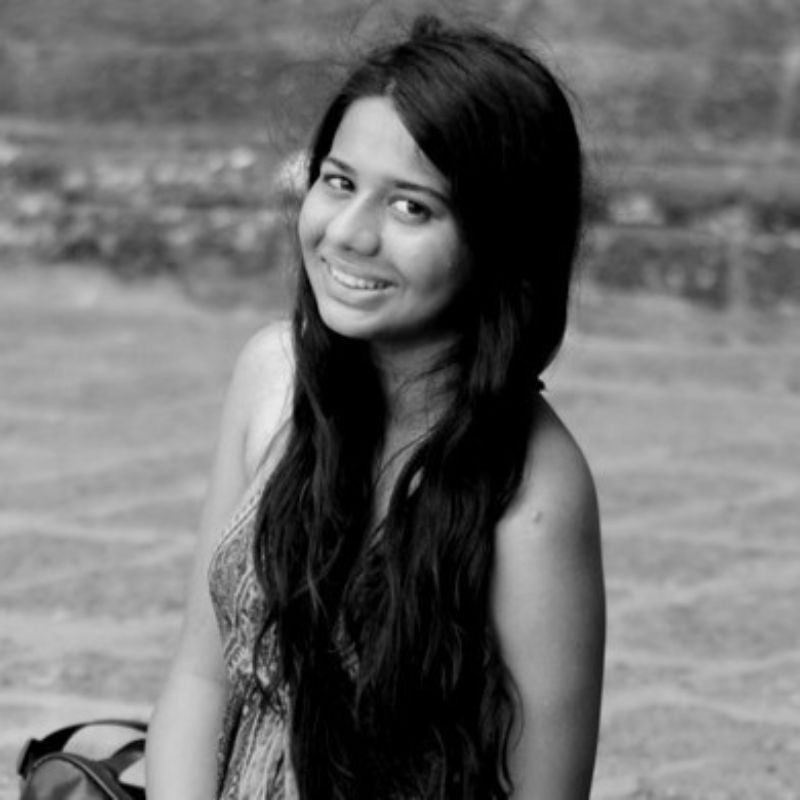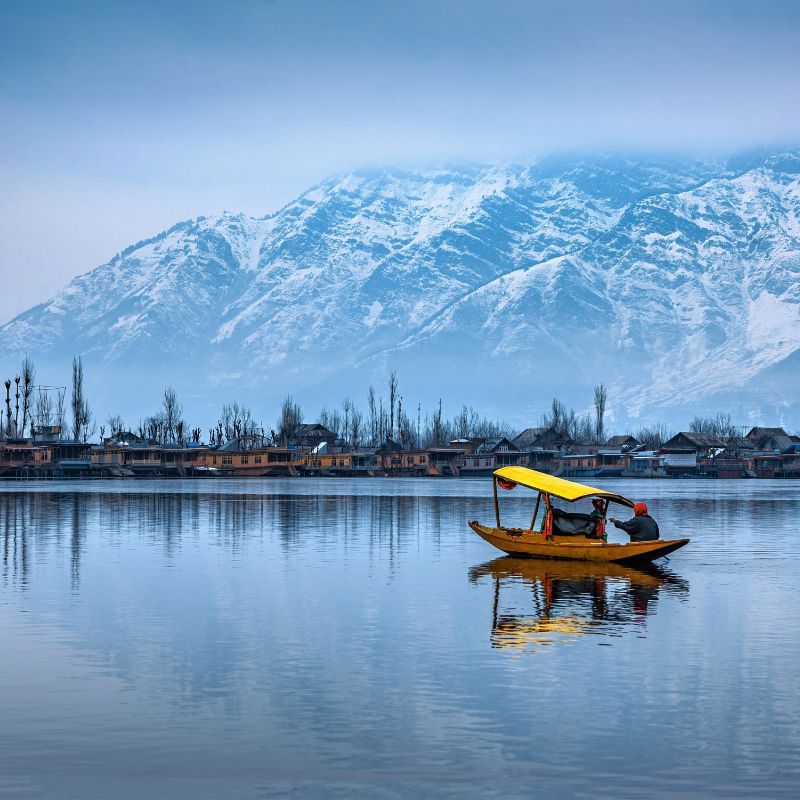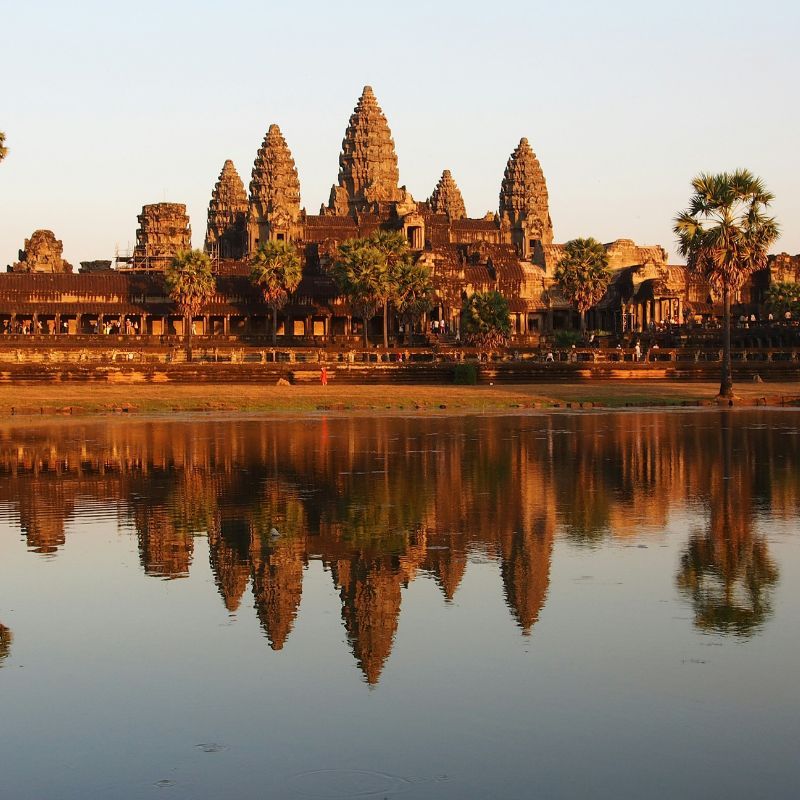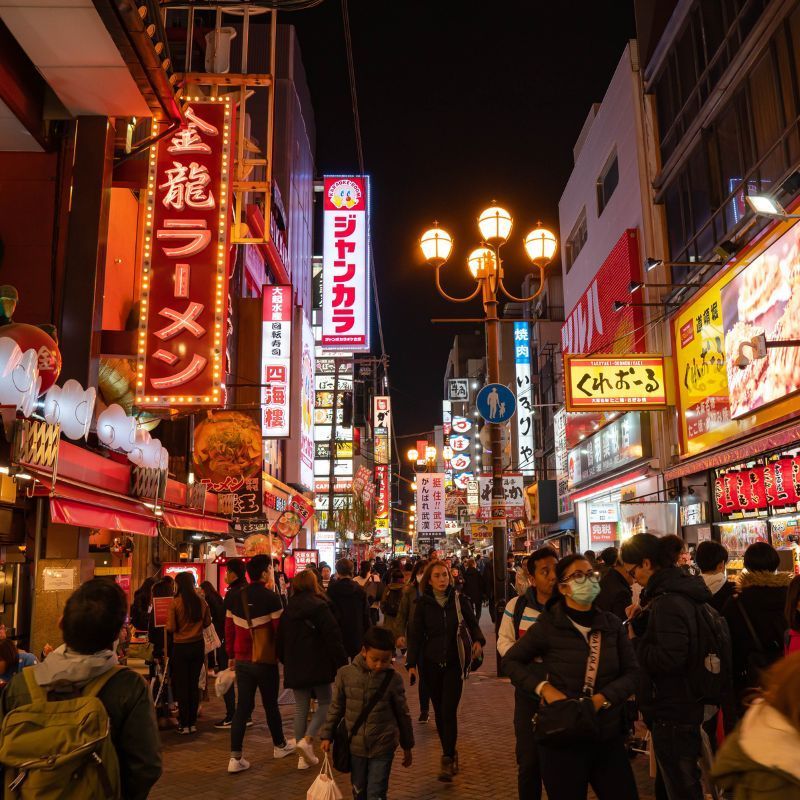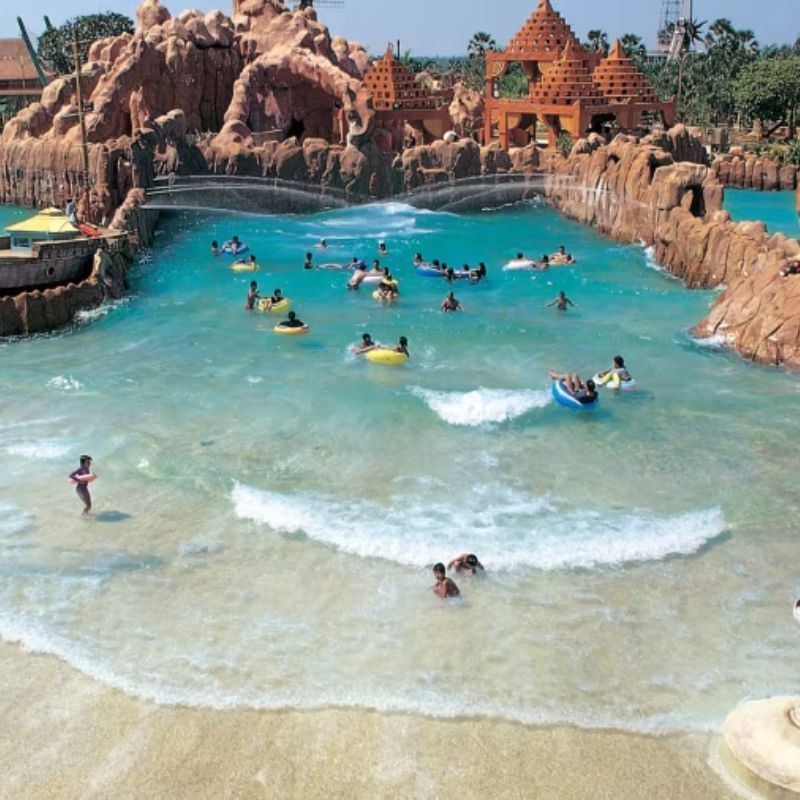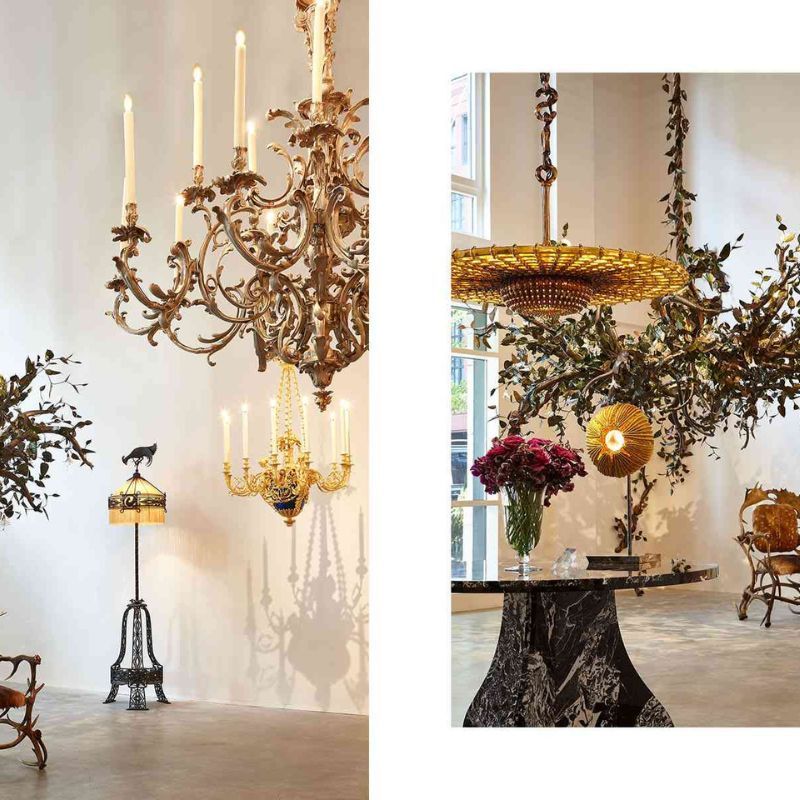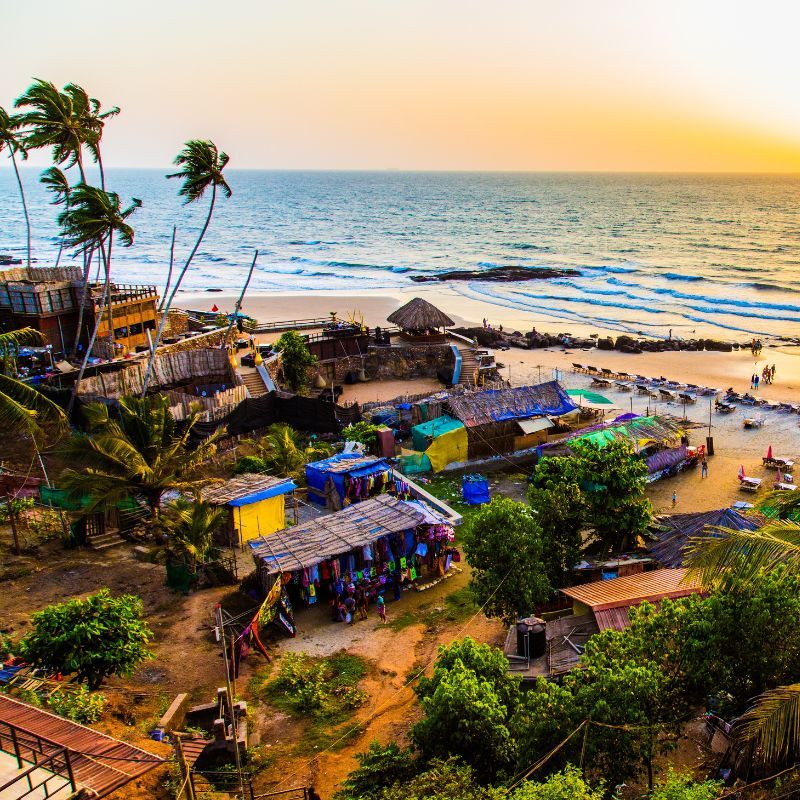
Liechtenstein may be the world’s smallest wine-producing country, but its wine heritage is two millennia old. Our contributor gets a taste of the region’s royal produce in the winery of Prince Hans-Adam II. By Neeta Lal

The sky is cloudless and azure, the sun smearing its expansive canvas with a buttery goldenness. Orchards and vineyards in shades of green—from moss to forest—fan out like lush carpets across the bucolic Alpine landscape. The air smells so sweet I can almost taste it.
I’m at the Hofkellerei des Fursten von Liechtenstein, a lush 10-acre cellar and vineyard in the heart of Vaduz, the capital city of Liechtenstein. The landlocked Alpine country— wedged between Switzerland and Austria—is just 160 square kilometres and hosts 35,000 residents, making it the world’s sixth tiniest nation.
Pretty much like the unique country, Hofkellerei is no ordinary vineyard. Its owner is the reigning prince of Liechtenstein, Prince Hans-Adam II, who lives in a Disney-esque Gothic castle perched atop a hill overlooking Vaduz. The winery and its restaurant have been in royal hands since the current prince’s ancestor, Prince Johann Adam, first acquired the county of Vaduz in 1712.

The establishment’s regal ownership notwithstanding, it exudes an informal aura, and is serviced by a friendly and informed staff. Visitors can simply stroll in to sample its bacchanalian delights from Monday to Saturday, during working hours.
A USD 20 (INR 1,417) wine-tasting, for instance, will get you four wines from the Vaduz Domain as well as those produced on the Wilfersdorf Domain higher in the hills, both part of the prince’s cellar. Royal celebrity spotting is a bonus as the prince is often at the winery himself, entertaining his guests.
“The Princely House of Liechtenstein is one of the oldest European noble families, looking back to nearly a thousand years of family history. Their earliest known ancestor—Hugo of Liechtenstein—was first mentioned in 1136,” explains local guide Elsi Meli, as we walk through Hofkellerei’s vineyards along the Vineyard Path. The route is marked by informative signposts covering various stages of wine making—from grapes to liquor.
World’s Smallest Wine Producer

Nestling in the Upper Rhine Valley of the Swiss Alps, Liechtenstein is the world’s smallest wine-producing country. But despite its petite size, its wine heritage goes back to over 2,000 years. Grape cultivation began before Christ, by a Celtic tribe that had settled in the area, and was bolstered when the Romans came in. Today, the country is regarded as one of the best wine-growing regions in the Rhine Valley with over 100 wine growers putting out top-notch varietals.
The Vaduz Domain, part of Hofkellerei, boasts great terroir along the Rhine. “It is located in the heart of the wine-growing region of what’s called the ‘Baby Rhineland’ cultivating Pinot Noir, known locally as the Blauburgunder or Blue Burgundy, and Chardonnay grapes,” informs Julia Sohler, the winery’s marketing manager.
Geography plays a catalytic role in grape cultivation. “A mild climate, excellent soil quality, and the warm¡dry föhn¡winds make Liechtenstein very productive for growing wine grapes, particularly Pinot Noir and Chardonnay,” adds Sohler. “Mountain slopes facing southwest, calcareous soils, and an average of 1,500 hours of sunshine a year further boost viticulture.”

As we walk around the vineyard, its apron-clad staff can be seen fussing over the grapes, clipping dry leaves with clinical precision, hoisting vine creepers along sleek wooden poles, and greeting us with an occasional “hoi” and a wave of the hand.
Within the vineyard’s minimalist innards, we inspect gargantuan wine-making steel machines as well as a lineup of doughty oak drums, in which they’re stored. The nucleus of the vineyard, however, is its underground cellar where wine has been stored since the 18th century.
Old photos of the Liechtenstein royals with Hollywood celebrities and heads of state line its gravelly, sepia-toned walls. The cavernous and cool space also offers a refreshing respite from the scorching sun. Pretty much like the rest of Europe, the Liliputian nation has experienced an unusually hot summer this year with temperatures ratcheting up to 40° Celsius.

But apparently, such weather spells great news for the grapes. “In warmer weather, grapes ripen more easily, leading to lower acidity, higher sugar levels, and darker hue. The higher levels of sugar allows for greater levels of alcohol, which makes the wine more full-bodied,” says Sohler. Hofkellerei also offers wine-tasting courses with advance booking. It also has its own wine library and a speciality restaurant, Torkel, which serves authentic local cuisine. We wander around the eatery’s capacious dining room where cheeses and hams and other Instagrammable delicacies are displayed on chequered table cloths. “It’s for a big private event,” says Sohler.
Wines produced under the Prince of Liechtenstein’s Hofkellerei label are exclusive and not exported beyond Switzerland or Germany, we’re told. Even within the country, Hofkellerei’s wine sales are limited to exclusive restaurants, specialised retailers, and the winery. The prince also has a personal whiskey brand, which can be tasted and purchased here. A selection of wines from other regions—from France to California—are also available.
To deepen community bonds, each April, the winery hosts The Wine Gustation ceremonies, where locals and expats gather in a fun-filled atmosphere to taste the new wine. In autumn, during the grape-harvesting season, locals are invited to pick the year’s harvest and then treated to a delicious wine-fuelled meal.
Sniff, Swirl, Sip
As our tour concludes, we look forward to the most anticipated part of our visit: the wine tasting. For this, we’re shepherded to an al fresco tasting area that has unobstructed views of the snowy Alps. On chunky wooden tables, surrounded by potted flowers and a great ancient wooden wine press in the centre, we taste four wines, including the famed Blauburgunder.
We begin with the Blanc Vaduzer Pinot Noir, which, as the sommelier explains, is one of the oldest and most important Vinifera varietals. “Its grapes need rigorous management and hand-harvesting because they tend to attract botrytis (a type of fungus) with excessive rain. It is best drunk at 10° Celsius when paired with aperitif, fish, and cheese.”
We, however, pair the juicy wine with a platter of semi-hard local cheese, ham made by a traditional butcher family, pickled onions, and cucumbers. For the next round, we try the Vaduzer Chardonnay of 2017 vintage. As we sniff, swirl, and sip the wine, the sommelier elaborates that it is the most important white grape variety of the Burgundy family.
“It was brought to France by the crusaders and was introduced to Burgundy by the Benedictines,” we’re told. “Its date of harvest was September 26, 2017, and as you sip it, you’ll observe delicate nuances of golden apples, mangoes, fresh meadow herbs, and vanilla.”
Up next is the Vaduzer Pinot Noir Bocker 2016, whose grapes “require a manual harvest in dry weather.” It has a strong fruity aroma with spicy notes, and secondary notes of vanilla, pepper, and cloves. “While making this wine, de-stemming is followed by cool maceration for 10 days, and then, a slow fermentation. The wine is matured in small French oak barrels for 15 months,” the wine expert adds, as we knock back our glasses.
The last wine on our list is the Vaduzer Pinot Noir, also known as ‘The Queen of Red Wines’. “It is a high-quality red wine, probably first cultivated by the Romans, aged and matured in stainless-steel tanks and French oak barrels. Please sip it slowly so that you can experience its silky, fruity bouquet with undertones of dark cherries,” we’re instructed.
As the tasting ends, I thank the sommelier, pick up my glass, and move towards the vineyards to enjoy the intense ruby liquor in solitude. The wine and the surroundings have a deeply meditative effect. I can feel the Alps smiling down upon me and the pine-scented air caressing my skin as I recede into a pleasurable haze.
Getting there:
As a tiny, double-landlocked nation (even the countries that surround it—Austria and Switzerland—are landlocked), Liechtenstein has no airport. So there is no direct air connectivity to the country. However, several international airlines, like SWISS, fly direct from India to Switzerland, from where Vaduz is a car drive or bus/train journey away, depending on which Swiss city you’re coming from. It’s best to fly to Zurich and take a train to Vaduz, which takes four and a half hours.
Stay:
Residence Hotel opened its doors 14 years ago and has since been hosting business and leisure tourists in its exquisite rooms and suites. From INR 19,380.
Park Hotel Sonnenhof sits nestled in the vineyards of Vaduz, on the sunny side of the Liechtenstein valley. It boasts 29 individually furnished rooms to suit every mood, and the one Michelin-starred Restaurant Marée. From INR 27,949.
Season
April to November
Related: Explore Liechtenstein: The Sixth Smallest Country In The World

